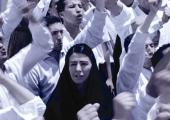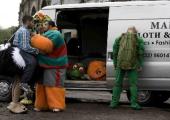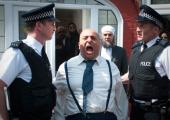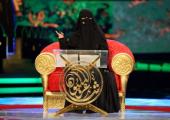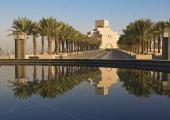theartsdesk in Fes: The World Sacred Music Festival
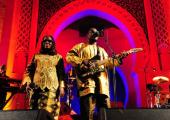
Sacred and other music in one of the world's great music festivals
The interior world of Morocco seems a magical place where music and words have more power than in the disenchanted, cold light of the North. On the plane on my first trip to Fes I met a businessman, in import-export, wearing a Burton suit. The strangeness of Morocco revealed itself when he started telling me of his current problem, that his daughter has been put under a spell by a djinn (he translated the word as “devil”) residing in a frog. His mother was a member of the Hamdashas, sects who are known to cut themselves, and his grandmother, he said, drank boiling water when under trance. Some djinns are believers, are harmless; others, the non-believers (like the one causing trouble to the businessman’s daughter), are the ones that cause lots of trouble.

